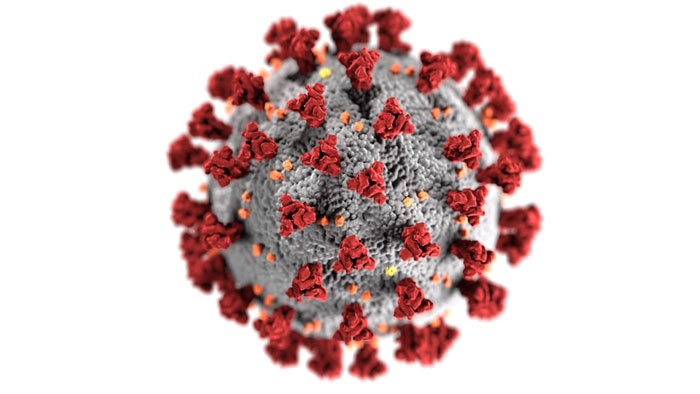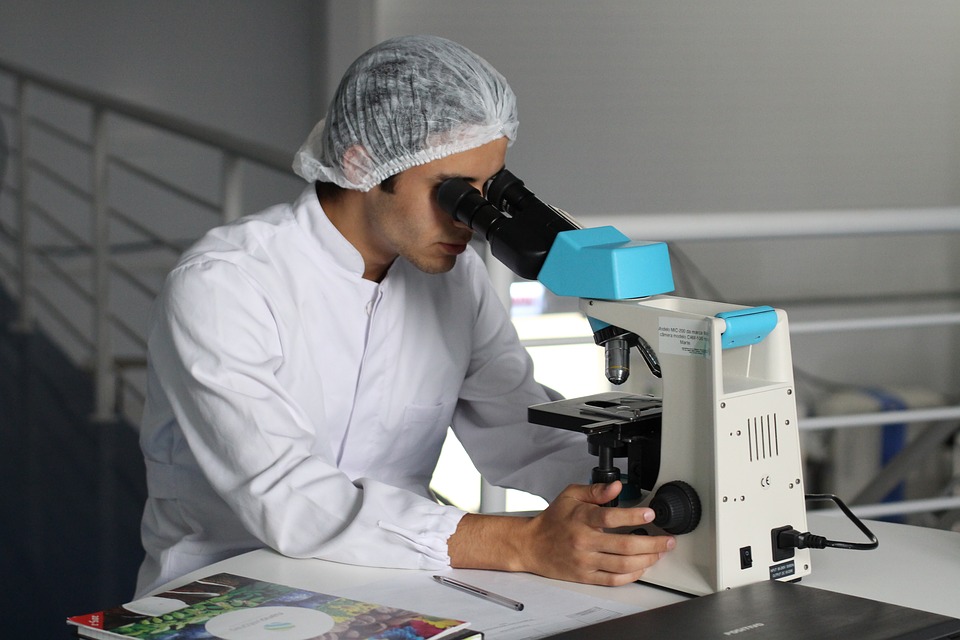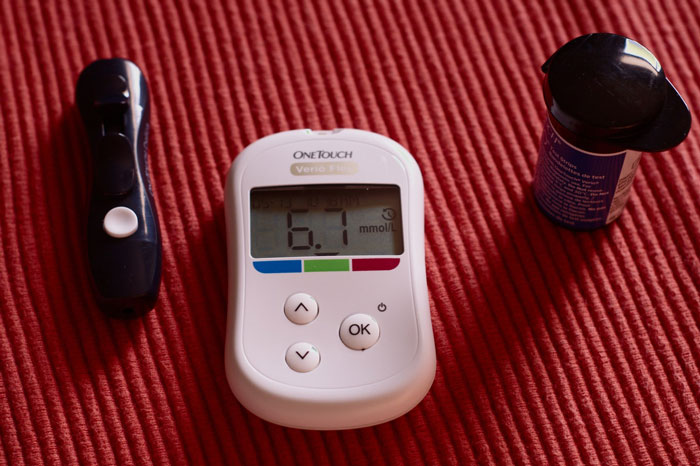Conditions like diabetes, cardiovascular problems, and high blood pressure, have become very widespread, and there are quite a few people around us who suffer from these ailments.

All these and some others are now regarded as “underlying conditions” for Coivd-19 infections that are classified as „severe.“ While initially it was thought that about 80% of Coivd-19 inflicted illnesses pass mildly, and the real threat is posed for elderly and feeble part of the population, the analysis of clinical profiles suggest that some illnesses can aggravate the situation tp a great extent.
People who have particular physical or mental health problems can be more vulnerable to the infection.
The first in-depth study of Covid-19 infections overlaying some confirmed chronic disease appeared in China and embraced over 1,000 patients from all parts of the country. Chinese researchers found that illnesses already present strongly increase the possibility of a patient requiring intensive care, putting on a ventilator. In worst cases death ensues.
The main aspects, age and attitude to smoking, apart, it turned out that all patients (399 in number) suffering from one or more grave diseases like cancer, diabetes, hepatitis B, cardiovascular diseases, chronic pulmonary and kidney diseases ran a greater risk of arising complications by the whooping 79%. The information was released on medRxiv, a site that allows posting studies before they are reviewed. With 130 patients who had two chronic diseases or more, the risk of bad or tragic outcomes grew by 2.5 times.
Cardiac disease
A weak heart hardly ever goes alone. It is quite natural for an individual with cardiac problems to also have high blood pressure and cholesterol, weak lungs, diabetes. All these have considerably weakened the defense systems of the body, and then, to top it, infection strikes.
Covid-19 brings on fever that further strains the body’s metabolics and, consequently, the heart. The ensuing pneumonia hampers the lungs in the normal oxygenation of the blood, and that means that the heart is put under additional stress. What’s more, infection-related inflammation irritates and sometimes damages blood vessels which imposes yet more strain on the heart.

While we are struggling with the Covid-19 dissemination, it is advisable to get engaged in regular physical exercises – naturally, not forgetting social distancing.
Chronic respiratory diseases
The air tracts and lungs can be affected by a number of diseases – asthma, pulmonary hypertension, and some others, generally referred to as chronic respiratory diseases or CRDs. Those having any of the CRDs should be particularly wary of coronavirus since it often brings on pneumonia. If the lungs are already deficient, the condition can get very much worse and even turn out to be fatal.
You already know that you must wash your hands regularly, keep social distance, avoid touching your face. But if you are troubled by chronic obstructive pulmonary disease – emphysema, or chronic bronchitis – this wouldn’t be enough for you. Pulmonary Advisor urges such individuals to keep near at hand a good supply of necessary medicines to last for several weeks. Also, they should decide whether they may require oxygen supply – probably they need to consult their supplier to get fulle ready for a possible Covid-19 onset.
Cancer cases care
Another kind of people who ought to be a lot more careful about catching the infection are cancer patients. Those undergoing intensive therapy for lymphoma, leukemia, or patients with bone marrow transplants, are always susceptible to pulmonary infections, especially viral ones. It happens due to their poor immune systems undermined by treatments and unhealthy tumors.

These people ought to try harder to prevent catching Covid-19 infection through strict observance of social distance and unrelenting hygiene measures both for them and the people who provide care.
Diabetes
People suffering from diabetes also find themselves in the danger zone. The International Diabetes Foundation (IDF) reminds: what with the diabetes patients‘ compromized immunity, the body can get hold of very little resource to suppress Covid-19 attack. Moreover, high blood glucose provides good breeding ground for viruses.
Additional risk lies in the fact that diabetes patients already have inflammation in their bodies, and with added inflammatory processes caused by a viral infection, the person can easily develop a bad case of pneumonia. What’s more, catching a Covid-19 infection constitutes quite a shock, and this stressful event can make blood sugar run up, causing unpredictable complications and a general deterioration of the current condition.
Needless to say, it’s up to all of us to observe precautions when the coronavirus outbreak is upon us, regardless of having aggravating health issues or not, but the IDF warns that for people suffering from diabetes the precautions should be extremely rigorous. Handwashing must be very thorough and periodic, touching the face absolutely excluded, all surfaces that are constantly fingered must be cleaned with a disinfectant, and every person who displays symtoms of a possible respiratory illness must be kept away.

Other IDF-endorsed recommendations include the periodic monitoring of blood glucose levels – infections are apt to bring up blood sugar. Consequently the patient begins to need more water, and they must have a sufficient supply of it around. Before you go and lock yourself in, build up a month’s stock of testers, medication, and victuals so as to make your quarantine as comfortable and healthy as it is possible.
Minimize your social contacts as constituting a high risk of contracting Covid-19.
What about the Kids?
The data accumulated for the time being allows to conclude that Covid-19 infection doesn’t affect kids as frequently as adults, and when it does, the cases appear to be quite mild ones. February’s Chinese CDC records reveal that, out of the total of 44,600 registered cases, there were about 400 concerning children up to the age of 9, not one of them a terminal case. So it implies either that kids are more impervious to the infection, or they stand up to it much better.
As it is with any infection, the culpable germ is responsible for only some of the symptoms and physical harm, but there is much damage that is inflicted by the immune system compromized by the germ. That may be the reason why kids with their immune system not working in full swing, fail to respond to the germ very actively.
Anyways, asymptomatic carriers may transmit coronavirus, and lots of kids and adults surely do. Still, the best way of stopping the spread of the virus is to minimize social contacts.

That’s why the idea to close down schools is a sound one – children can easily spread respiratory illnesses around. By the U.S. statistics, for example, while only 5% of adults catch the flu annually, the percentage of kids infected runs up to 20% and more.
Then, there are children made vulnerable by suffering chronic conditions related to cancer chemotherapy, cardiac problems, lung weakness, transplants. It is well worth considering that the risk of their getting the heavy end of the Covid-19 infection is pretty high, and they stand in need of stronger defensive measures.










